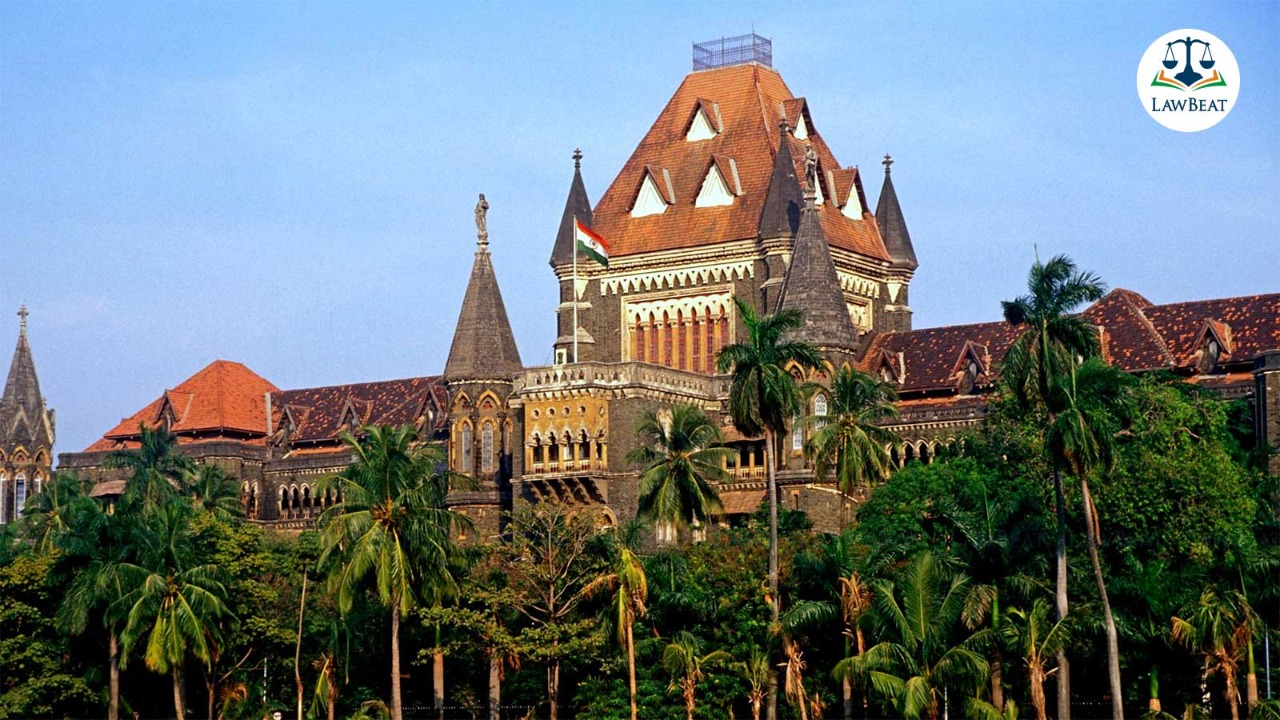Magistrates To Ascertain Voluntary Confessions Under Section 164 CrPC – Bombay HC Sets Aside Conviction

The Court opined, "...that the function of the Magistrate in recording confession under Section 164 of the Code is a very solemn act, which the Magistrate is obliged to perform by taking due care, to ensure that all the requirements of Section 164 are fully satisfied ; that the Magistrate recording such a statement should not adopt a casual approach".
A Division Bench of the Bombay High Court comprising Justice Revati Mohite Dere and Justice Sharmila U. Deshmukh has set aside a conviction of a person to convict the appellants for the offences punishable under Sections 302, 120-B r/w 302, 34 of the Indian Penal Code. The ground for setting aside the order of conviction was that the magistrate did not satisfy himself if the confession was made voluntarily under Section 164 of the Code of Criminal Procedure, which formed the basis of conviction.
Senior Advocate Mahesh Jethmalani on behalf of the accused, argued that the magistrate ought to have probed further that whether the confession so made was being made voluntarily, and was free from influence, coercion, or force. Further, he argued that the endorsement at the foot of the confession does not show, that the Magistrate was satisfied that the confession was `voluntarily’ made, hence, vitiating the confession so recorded.
The court while setting aside the conviction referred to various decisions of the Apex Court and said that
“The Apex Court in a catena of cases has observed that the function of the Magistrate in recording confession under Section 164 of the Code is a very solemn act, which the Magistrate is obliged to perform by taking due care, to ensure that all the requirements of Section 164 are fully satisfied ; that the Magistrate recording such a statement should not adopt a casual approach; that besides ensuring that the confessional statement made before him is voluntary and without pressure”
The court while refunding the fine amount to the accused and canceling the bail bond, on the confessional statement noted that:
“Compliance with the statutory provision is mandatory, which should be in letter and spirit and not in a routine and mechanical manner. Under these circumstances, we are constrained to exclude the said confessional statement of appellant Mathpati, for determining the guilt of the appellants, since, as observed above, the confessional statement is the only piece of evidence to connect the appellants with the aforesaid crime. Even otherwise, the said confession relied upon, is a retracted confession.”
Case title: Jagdish & Ors. vs State of Maharashtra
